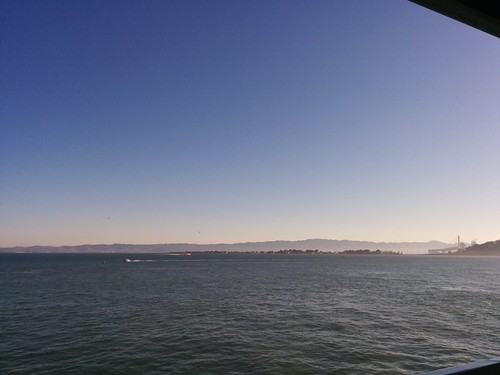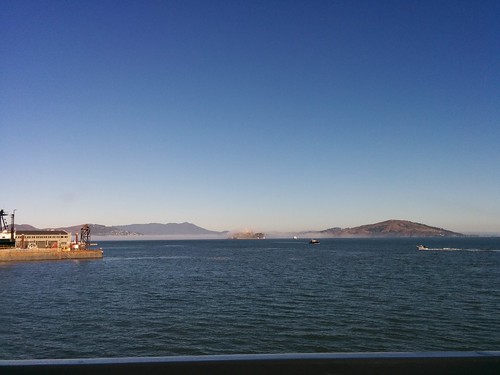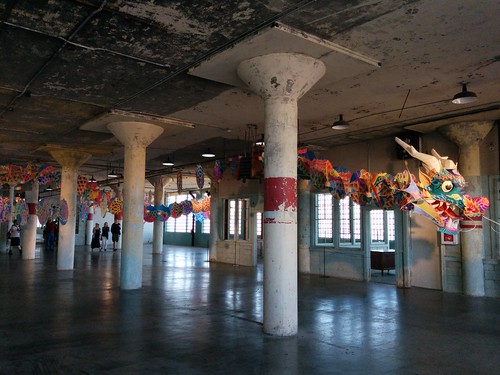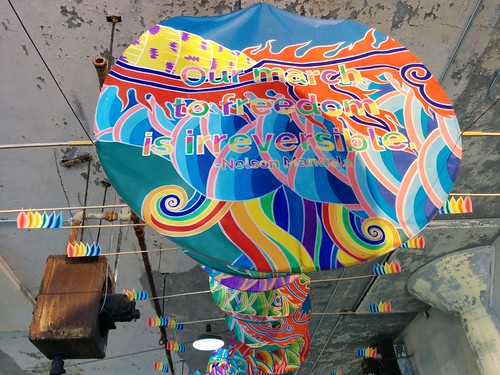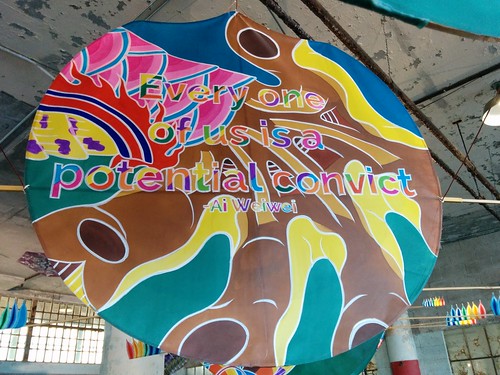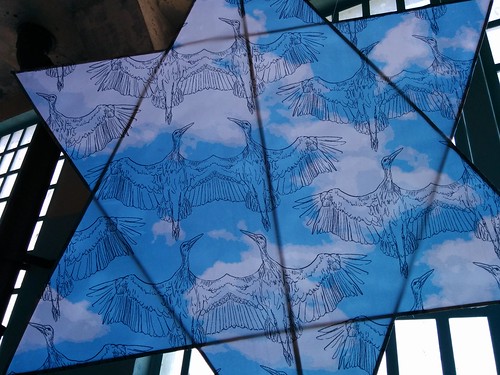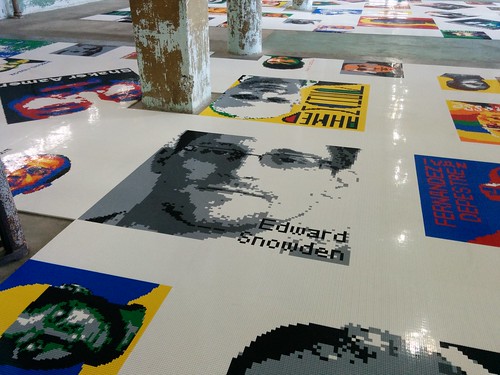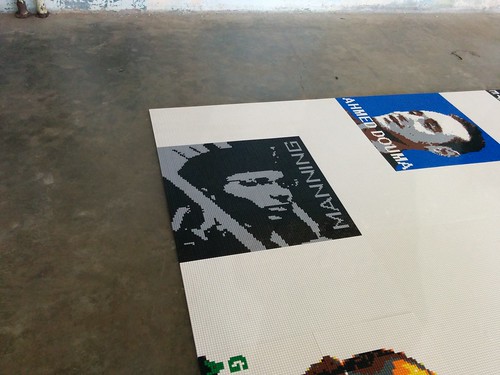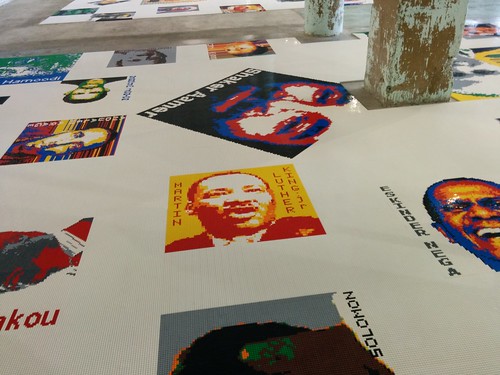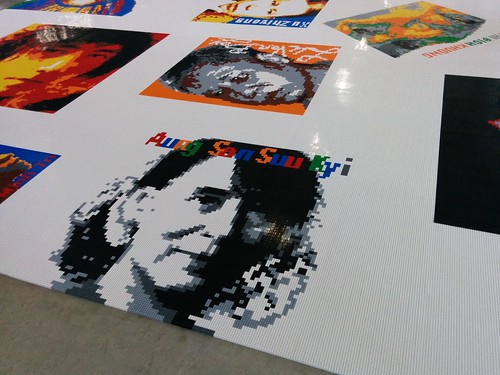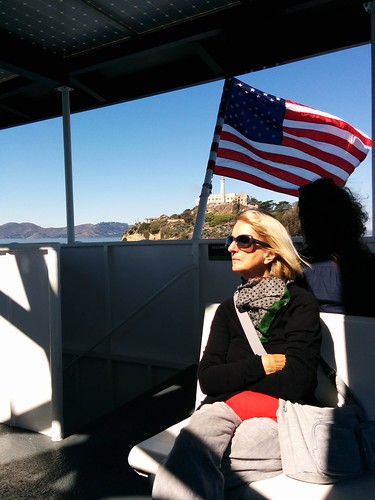Okay, so what no one ever told me about Eichmann in Jerusalem is how funny it is; and not only funny but my favourite kind of funny: angry-funny.
To each count Eichmann pleaded: “Not guilty in the sense of the indictment.”
In what sense then did he think he was guilty? In the long cross-examination of the accused, according to him “the longest ever known,” neither the defense nor the prosecution nor, finally, any of the three judges ever bothered to ask him this obvious question.
Not that there is anything funny about what Eichmann did. I came to this book, obviously, by way of Bloodlands and Postwar, both of which regard it as indispensable. And both of those books, good as they are, are hard going. As Ta-Nehisi said in a related context: “History is quite the burden. I am sorry about that. But this is the work before us.”
Arendt’s name is inseparable from her coinage: “the banality of evil.” And somehow I had walked away with the impression that Arendt’s book itself is banal, or that the experience of reading it is unrelievedly negative. And this is not the case. Arendt’s anger is coruscating. Her intelligence illuminates these dark places like lightning bolts.
Throughout the trial, Eichmann tried to clarify, mostly without success, this second point in his plea of “not guilty in the sense of the indictment.” The indictment implied not only that he had acted on purpose, which he did not deny, but out of base motives and in full knowledge of the criminal nature of his deeds. As for the base motives, he was perfectly sure that he was not what he called an innerer Scheweinehund, a dirty bastard in the depths of his heart; and as for his conscience, he remembered perfectly well that he would have had a bad conscience only if he had not done what he had been ordered to do – to ship millions of men, women, and children to their death with great zeal and the most meticulous care. This, admittedly, was hard to take.
It is a little hard to take, isn’t it? I have said that the terrible question of the 20th century was “Why do you want me dead?” but there’s a worse question, isn’t there? It is “Why do I want you dead?” Are you perfectly sure that you are not what Eichmann calls an innerer Scheweinehund? I am not at all sure that I am not.
As a clinical diagnostician, Arendt makes Greg House look like Patch Adams.
Eichmann’s astounding willingness, in Argentina as well as in Jerusalem, to admit his crimes was due less to his own criminal capacity for self-deception than to the aura of systemic mendacity that had constituted the general, and generally accepted, atmosphere of the Third Reich. “Of course” he had played a role in the extermination of the Jews; of course if he “had not transported them, they would not have been delivered to the butcher.” “What,” he asked, “is there to ‘admit’? Now, he proceeded, he “would like to find peace with [his] former enemies”–a sentiment he shared not only with Himmler, who had expressed it during the last year of the war… but also, unbelievably, with many ordinary Germans, who were heard to express themselves in exactly the same terms at the end of the war. This outrageous cliche was no longer issued to them from above, it was a self-fabricated stock phrase, as devoid of reality as those cliches by which the people had lived for twelve years; and you could almost see what an “extraordinary sense of elation” it gave to the speaker the moment it popped out of his mouth.
Eichmann’s mind was filled to the brim with such sentences.
She examines him under the microscope of her rigor, and finds an ill-educated, failed vacuum-cleaner salesman, temperamentally disinclined to introspection, who rose to the level of his incompetence in a political culture that cynically exploited his particular traits. There were keen minds in the Nazi party, but Eichmann’s was not one of them. He was led into his great sins by his craving for acceptance, his intellectual laziness and his willingness to accept lies at face value.
By that much-abused word “banality” Arendt does not mean boringness. Eichmann’s deeds, if not his character, are too horrible to be boring. She means that Eichmann is inadequate to his place in history. Be angry at him all you want. He cannot even comprehend what you think he did wrong.
Despite all the efforts of the prosecution, everybody could see that this man was not a “monster,” but it was difficult indeed not to suspect that he was a clown. And since this suspicion would have been fatal to the whole enterprise, and was also rather hard to sustain in view of the sufferings he and his like had caused to millions of people, his worst clowneries were hardly noticed and almost never reported. What could you do with a man who first declared, with great emphasis, that the one thing he had learned in an ill-spent life was that one should never take an oath (“Today no man, no judge could ever persuade me to make a sworn statement, to declare something under oath as a witness. I refuse it, I refuse it for moral reasons. Since my experience has been that if one is loyal to his oath, one day he has to take the consequences, I have made up my mind once and for all that no judge in the world or any other authority will ever be capable of making me swear an oath, to give sworn testimony, I won’t do it voluntarily and no one will be able to force me”) and then, after being told explicitly that if he wished to testify in his own defense he might “do so under oath or without an oath,” declared without further ado that he would prefer to testify under oath? Or who, repeatedly and with a great show of feeling, assured the court, as he had assured the police examiner, that the worst thing he could do would be to try to escape his true responsibilities, to fight for his neck, to plead for mercy–and then, upon instruction of his counsel, submitted a handwritten document, containing his plea for mercy?
As far as Eichmann was concerned, these were questions of changing moods, and as long as he was capable of finding, either in his memory or on the spur of the moment, an elating stock phrase to go with them, he was quite content, without ever being aware of anything like “inconsistencies.” As we shall see, this horrible gift for consoling himself with cliches did not leave him in the hour of his death.
Contemporary parallels are left as an exercise for the reader. I am constantly reminded of DW Harding’s phrase about Jane Austen: “regulated hatred.” I suspect that like Austen’s novels, Arendt’s book should be one that I return to every year.
